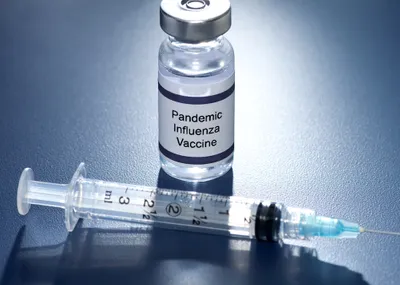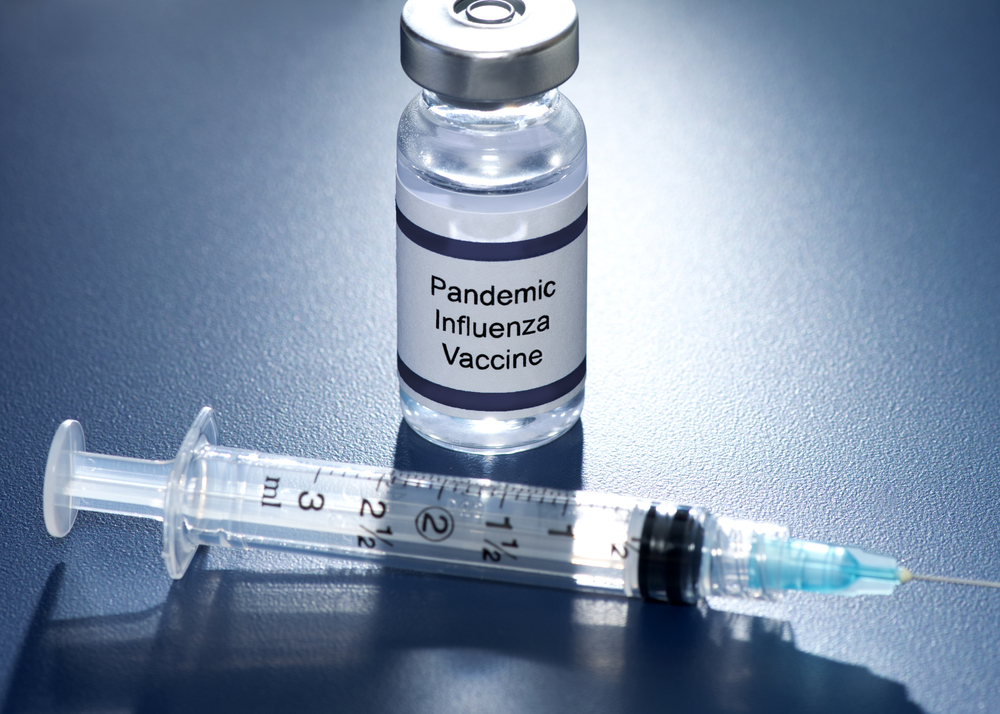
Overall, it’s estimated that getting this year’s flu vaccine cuts a person’s chance of getting the flu by only 25 per cent — an effectiveness rate far lower than the 50 to 60 per cent effectiveness levels we’ve seen in recent years. That’s left many parts of the country struggling to fend off flu infections; for example, California’s Bay Area has seen four flu deaths this month alone.
The problem appears to involve a mutation of the flu strain. This year’s infections come courtesy of flu strain Type A, subtype H3N2, which physicians say has evolved in a way that makes it resistant to the vaccine, most of which was produced more than six months ago.
The solution, it seems, involves the prescription of powerful antiviral drugs that can effectively fight the flu. “Certainly if someone is hospitalized and they have influenza, you give them antivirals,” notes Dr. Henry Chambers of San Francisco General Hospital. “Efficacy is going to be better if someone comes in early.”
But Chambers says it’s important than any adult struggling with a serious flu infection — even those folks who haven’t been hospitalized — should be prescribed antiviral drugs. Chambers insists on this type of treatment for people dealing with heart disease or diabetes, as they are more likely to succumb to a flu infection.
Still, Chambers says it’s crucial that people understand how antivirals work. “I would educate myself to know about antivirals if I was in that population,” Chambers said. “You want to do everything possible to improve your outcome.”



